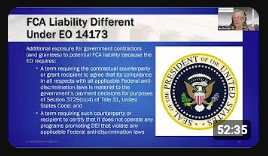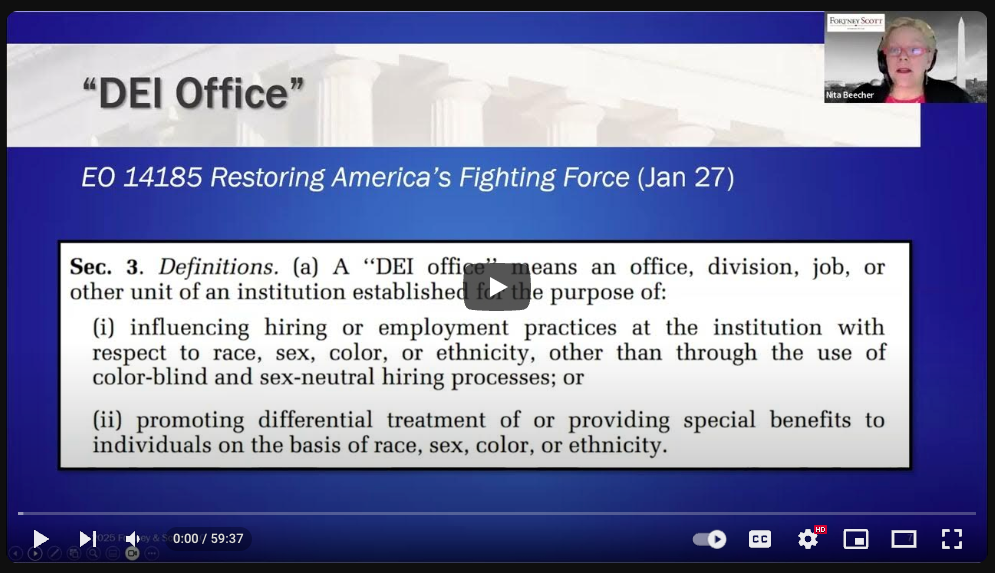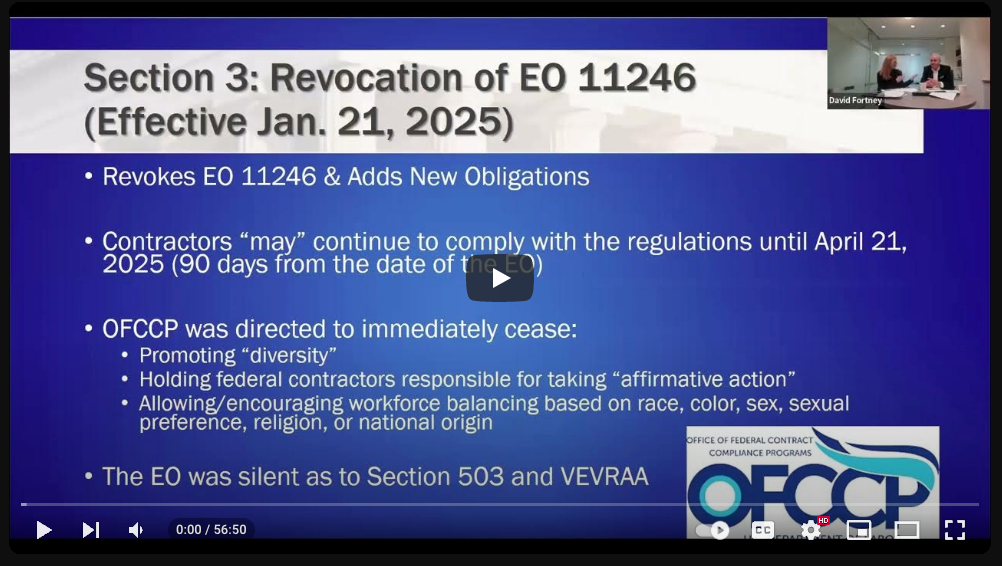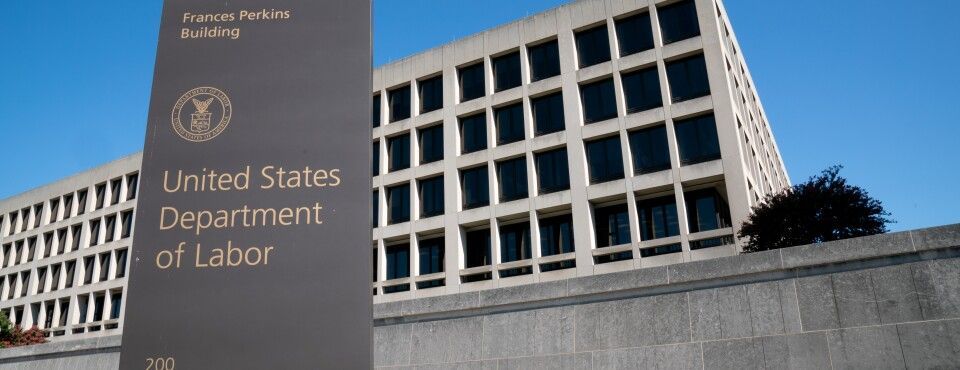In Another Explicit Win for Employers, Supreme Court Says that Class Arbitration Must Be Explicitly Authorized
On April 24, the U.S. Supreme Court ruled that absent explicit authorization, class arbitration cannot be compelled. In Lamps Plus, Inc. v. Varela , the Court issued a 5-4 decision in favor of an employer, who had challenged the lower court’s ruling compelling class arbitration. The majority opinion, written by Chief Justice Roberts, concluded that an ambiguous agreement cannot provide the necessary “contractual basis” for compelling class arbitration.
The ruling is a victory for Lamps Plus following years of litigation. In 2016, a hacker posing as a company official persuaded an employee of Lamps Plus to disclose the tax filings of approximately 1,300 employees. The hacker used the information to file a fraudulent tax return in the name of Frank Varela, a Lamps Plus employee. Varela subsequently filed a class action against Lamps Plus on behalf of employees whose information had been compromised. Relying on the arbitration agreement in Varela’s employment contract, Lamps Plus sought to compel arbitration on an individual rather than a classwide basis, and to dismiss the suit. The district court rejected the individual arbitration request but authorized class arbitration. Lamps Plus appealed but the Ninth Circuit affirmed in 2017. The Supreme Court granted Lamps Plus’ subsequent petition for writ of certiorari on April 30, 2018.
Justice Roberts, writing for the majority, underscored the principle of consent under the Federal Arbitration Act (FAA), writing that under the FAA, arbitration “is a matter of consent, not coercion.” Citing to an earlier decision of the Court in 2010, Justice Roberts emphasized that the courts may not infer an affirmative contractual agreement to arbitrate where the language is ambiguous. That case – Stolt-Nielsen S.A. v. AnimalFeeds Int’l Corp. – involved an agreement that was completely silent on the availability of class arbitration and the Court there found that silence was not enough. Using the rationale in Stolt-Nielsen , the Court here held that ambiguity, like silence, does not suffice and the courts should not infer consent when it comes to fundamental arbitration questions.
Additionally, the Court recognized that the Ninth Circuit reached its conclusion based on California’s state rule that ambiguity in a contract should be constructed against the drafter. This notion was raised by Justice Kagan in a dissenting opinion, noting that the rule is a common principle of contract interpretation that resolves ambiguities against the party. In addressing and rejecting that point, Justice Roberts held that the rule in fact conflicts with the FAA and is “flatly inconsistent with the foundational FAA principle that arbitration is a matter of consent.”
Today’s ruling is just the latest in a line of Supreme Court decisions that have backed arbitration. The decision comes nearly a year after the seminal decision in Epic Systems Corp. v. Lewis , which affirmed employers’ use of class action waivers in arbitration agreements that employees must sign. The Lamps Plus decision now further signals and extends a pattern in favor of employers when it comes to the use and scope of arbitration agreements in the employment context.
If you have any questions, please contact your FortneyScott attorney.

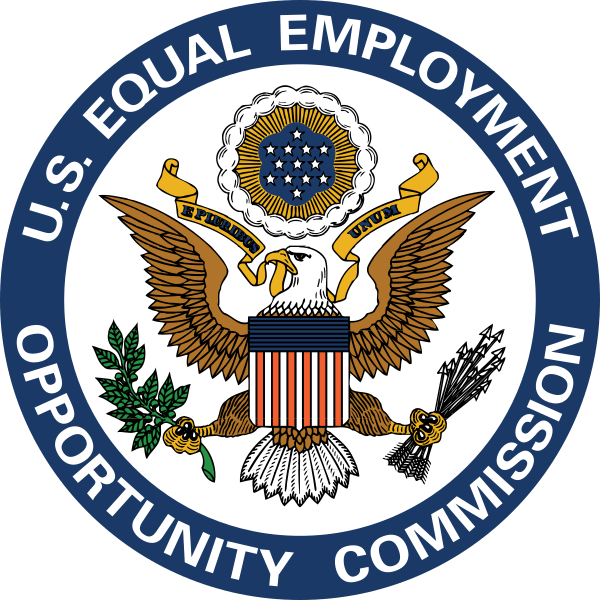






All Rights Reserved | Powered by AutomationLinks | Terms & Conditions | Privacy Policy


